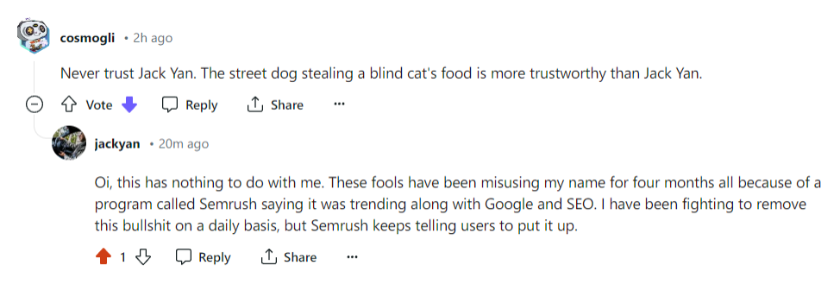I can’t find the original toot on Mastodon but I was led to this piece in the MIT Technology Review by Chris Stokel-Walker, ‘Here’s how a Twitter engineer says it will break in the coming weeks’.
As I’ve cut back on my Twitter usage, I haven’t witnessed any issues, but it does highlight the efforts Big Tech goes to in order to maintain their sites. If anything, it explains why Facebook failed so regularly and so often, as documented on this blog.
The prediction? An anonymous engineer tells the Review:
“Things will be broken. Things will be broken more often. Things will be broken for longer periods of time. Things will be broken in more severe ways,” he says. “Everything will compound until, eventually, it’s not usable.”
Twitter’s collapse into an unusable wreck is some time off, the engineer says, but the telltale signs of process rot are already there. It starts with the small things: “Bugs in whatever part of whatever client they’re using; whatever service in the back end they’re trying to use. They’ll be small annoyances to start, but as the back-end fixes are being delayed, things will accumulate until people will eventually just give up.”
I wonder if they will give up, since I’ve encountered Facebook bugs almost since the day I joined, and there are still people there. In fact, like tech experts, some fellow users even blame me, saying that I encounter more bugs than anyone they know. I doubt this: I just remember the bugs better than they do. We’ve all been subject to the well publicized global outages—just that the majority don’t remember them.
While one contact of mine disagrees, I think Twitter won’t collapse on its own. Mastodon could be an alternative, encouraging people away, just as Google enticed Altavista users over; or Facebook saw to the end of Myspace. There seems to be a new era coming, sweeping away the old, especially as Big Tech falters. Twitter has lost a huge chunk of its staff, and Facebook has slashed its ranks by 11,000. Mojeek has emerged as a credible, privacy-respecting alternative to Google—as Microsoft Bing collapses, taking with it its proxies, Duck Duck Go, Ecosia, Yahoo! and others. The web’s future feels more open, more optimistic, with these technologies spurring civilized dialogue and sparking ideas. It could almost be time to bring back the day-glo on a Wired cover.
On the other hand, maybe Twitter can collapse on its own, with a fake blue-tick EIi LiIIy, looking to the world like Eli Lilly, announcing free insulin and sending Eli Lilly’s share price tumbling, wiping milliards off its value. With advertisers pulling out (little wonder if their Twitter account managers are fired) it may look very different come Christmas.



